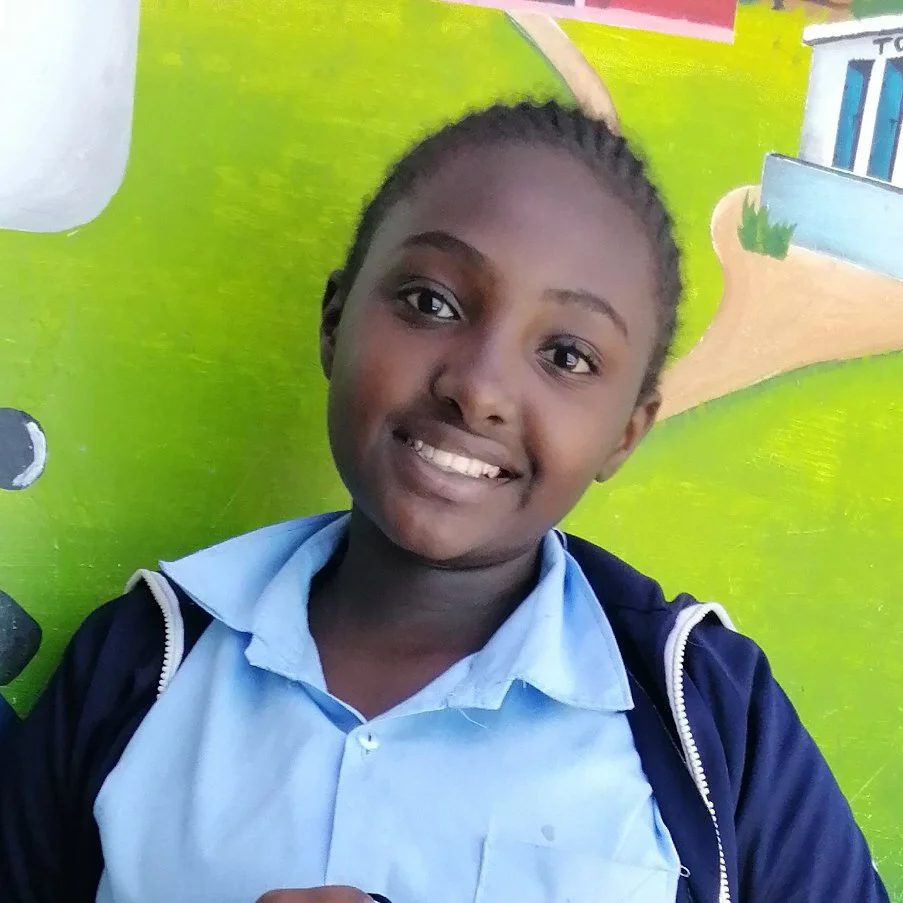WE’VE BEEN FIGHTING PERIOD POVERTY ACROSS AFRICA SINCE 2008.
In communities and schools across Africa, millions of impoverished girls and young women struggle to safely manage their periods.
They lack access to essentials such as menstrual products, reproductive health and wellness education, and often endure shame and stigmas. Not only does this put their health at risk, it can also disrupt their education, diminish their well-being, self-esteem and impact their entire lives.
Our mission is to support girls and young women who don't have access to menstrual pads and health education throughout East Africa.
We do this by providing them with reusable menstrual pads and comprehensive reproductive health and wellness education. We want to help these girls and young women so they have opportunities for better futures.
Education
Periods are keeping girls from the classroom.
Girls who lack proper products often stay home from school, and if they do go, they worry about leakage and hesitate to fully participate. Not to mention their school may lack private toilets, clean water, or disposal systems, making the routine process of changing a pad stressful. Quality menstrual products and reproductive health are essential to consistent, uninterrupted, stress-free learning environments.
Health
Menstruation is an integral part of the overall health and well-being of half the world’s population.
Huru uses menstrual health as a gateway to discuss broader sexual and reproductive health topics including STI and HIV prevention, gender-based violence, female genital mutilation (FGM), and more.
Environment
The average woman will use over 11,000 disposable period products in her lifetime!
That’s a lot of waste and can take 500 years to decompose. In many parts of the world, finding a proper place to dispose of these products can be both challenging and dangerous for women and girls wandering at night—both a personal and environmental hazard. Huru’s reusable pads were made with sustainability in mind, and each lasts 24+ months. Better periods and a happier planet is a win-win. Don’t you agree?
Confidence
Period shame is a global issue.
This is not unique to one country, region or continent. When menstruation is believed to be dirty, impure or shameful, it can make periods an isolating time, and reinforce harmful myths and taboos about periods and the female body while undermining equity in personal and public spaces. Something we know for certain from working in menstrual health over the past decade is that periods are often shrouded in shame, stigma, and embarrassment which can be deterrents from the classroom, office, or public spaces.










